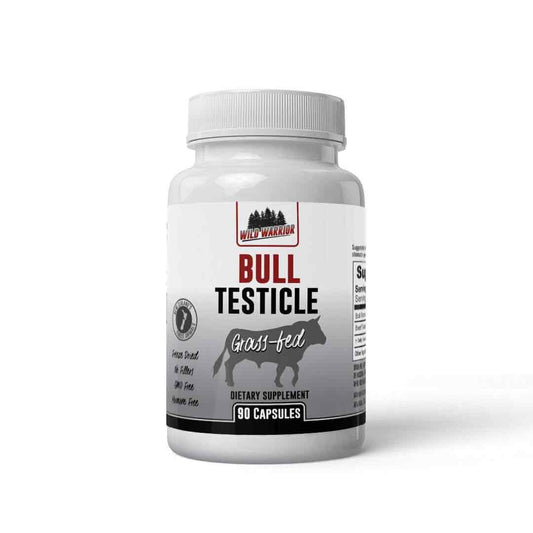Clomiphene has become a popular stand along treatment for improving testosterone production. But does it really work? Recent research has begun to shed light on the intriguing relationship between this popular fertility drug and it's potential health benefits for men suffering from hypogonadism. This post looks at what the current scientific literature says about clomiphene and its impact on testosterone levels.
Clomiphene Citrate: An Overview
Traditionally used in female fertility treatments, clomiphene citrate is a non-steroidal fertility medicine. It causes the pituitary gland to release hormones needed to stimulate ovulation. However, its role in men's health has recently been the focus of multiple podcasts due to its ability to increase testosterone levels by stimulating the release of luteinizing hormone (LH).

The Connection Between Clomiphene and Testosterone
In men, clomiphene citrate works by blocking estrogen's interaction with the hypothalamus, which leads to an increase in the production of LH and follicle-stimulating hormone (FSH). LH stimulates the testes to produce more testosterone, leading to increased testosterone levels1.
What the Research Says
Several studies have explored the impact of clomiphene on testosterone levels in men:
-
Effect on Hypogonadism: A study published in the Journal of Sexual Medicine observed the effects of clomiphene on men with hypogonadism, a condition characterized by low testosterone levels. The results indicated that clomiphene could significantly raise endogenous serum testosterone levels, making it a potential treatment for hypogonadism2.
-
Improvement in Testosterone Levels and Fertility: A study published in the Asian Journal of Andrology found that clomiphene administration led to a significant increase in testosterone levels in men and improved parameters of fertility3.
-
Comparison with Testosterone Replacement Therapy: A comparative study published in BJU International compared clomiphene citrate with testosterone replacement therapy for long-term hypogonadism management. The study found similar serum testosterone levels in men on clomiphene citrate and testosterone gels, suggesting that clomiphene could be an effective alternative to traditional testosterone replacement therapies4.
Conclusion
While more research is needed, current scientific studies suggests that clomiphene citrate can play a significant role in managing conditions related to low testosterone levels in men. However, as with any medication, it's crucial to consult with a healthcare provider and have your blood work done before starting a clomiphene regimen.
Looking to support peak testosterone without the use of drugs or needles? Check out our line of men's health supplements here.





